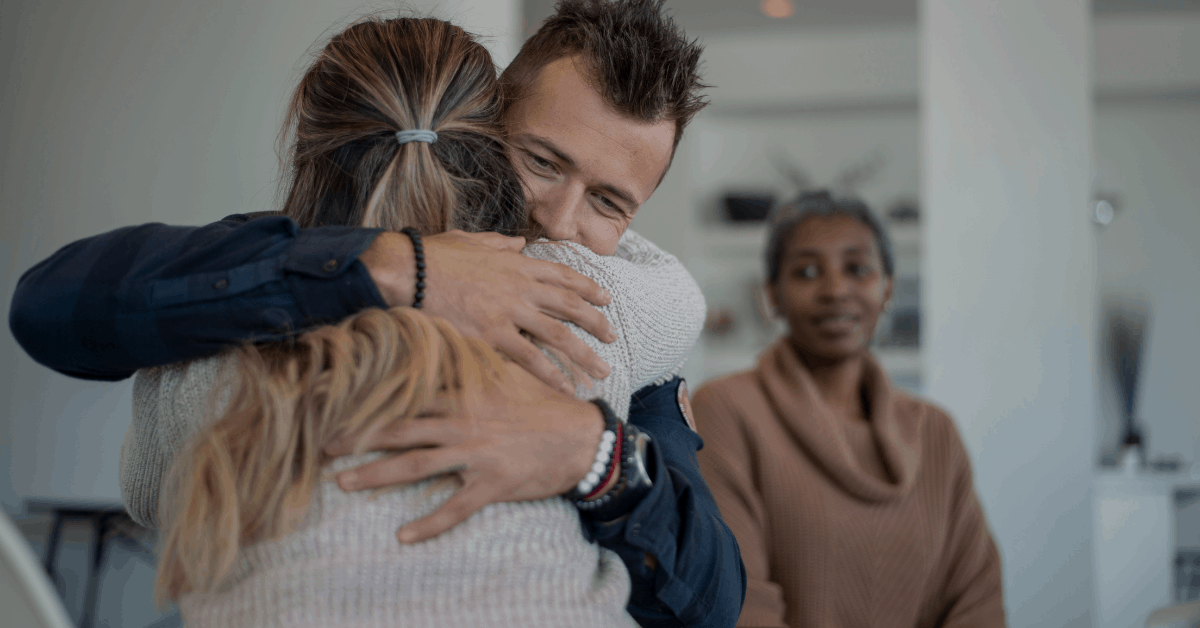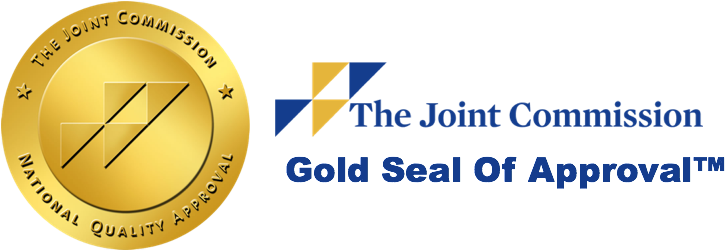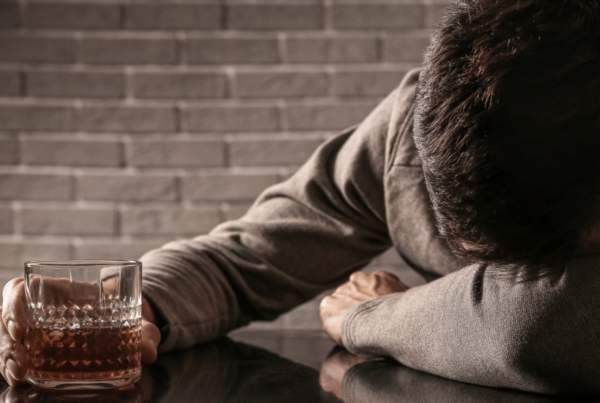How to Help a Loved One Returning Home After Rehab
After watching your loved one struggle with addiction, they’ve received the help they needed and are now coming home from rehab treatment. When an addict comes home from rehab, it’s crucial to prepare your home and family to help your loved one adapt to home life after rehab.
Everyone involved will experience a roller coaster of emotions. You might feel a mixture of happiness, excitement, dread, and nervousness as you begin preparing for your loved one to come home. On the other hand, the recovered addict will also be experiencing a variety of emotions. They may be nervous and excited, but they could also experience guilt or regret for their previous actions. They might be anxious to repair their home life as well.
No one can transition to a happy and productive life after rehab alone. They need support—especially from their loved ones. Read on to learn more about how to help someone after rehab.
The Best Ways to Help Your Loved One
There are many important ways to provide support for your recovering loved one, and these are some of the most important:
- Communication. In all relationships, communication is key. In a relationship after rehab, communication is even more important than ever. Opening up and talking with your loved one will help them find the support they need and help you know best how to help them. Honesty is crucial too. It’s important to communicate well even if it’s a difficult conversation.
- Find support groups. You can better support your loved one if you’re getting the support you need, too. There are people who are in similar situations or who have done this before, and they can help guide you through this new time. Support groups for families of recovering addicts can be a great place to find other people who understand and can offer support.
- Be patient. Working through addiction and transitioning to life after rehab are difficult, complex, and sometimes lengthy processes. People take different amounts of time and struggle in different ways. One of the best ways to help your loved one is to be patient through the ups and downs.
- Show love. Your loved one might be feeling alone, so it’s good to support them by showing extra love. Consider taking up a hobby or a class together to find time to spend together and do something you both love to do.
Creating an Addiction Recovery Plan
Making a recovery plan is an important part of preparing for your loved one’s return. An addiction recovery plan will help everyone be on the same page about important topics. Here are some aspects you should consider including in your plan:
- A treatment plan. You should outline what your loved one’s continued treatment will look like. Treatment can include support groups, therapy, and other professional treatments to continue recovery.
- A relapse discussion. Relapse does happen sometimes, and talking about it won’t make it happen. But if it does happen, you want to plan for it. You’ll want to include the agreement that your loved one will be honest about a relapse and not try to hide it. You could consider a return to treatment agreement as well in the case of relapse.
- Household responsibilities. Having your loved one join in household responsibilities will help them transition, but you may want to clearly outline who will do what. Maybe you will manage household finances, and your loved one will mow the lawn.
- Family relationships. If it’s a spouse or partner returning from rehab, they may be excited to reconnect with their kids. Depending on the kids, you might want to include plans for how interacting with them should go.
Ways to Prepare Your Home and Family
In addition to an addiction recovery plan, you’ll also need to prepare your home for your loved one’s return to make sure everything goes as smoothly as possible. Here are some ways to prepare:
- Clean your home. A clean house provides an instantly welcoming, comfortable, and safe environment for your loved one to come home to. In addition, you can clean out any previous storage spaces for drugs or syringes that may provide your recovering loved one with access.
- Lock up prescription medications. Early phases of recovery can be difficult, so it can be helpful to remove any temptations temporarily—including prescription pills and alcohol. Removing access can help reduce the risk of a relapse.
- Talk to those in the home about what will happen. Whether it’s kids or other family members, have a discussion about what will happen when your loved one returns home. Discuss the addiction recovery plan and set the right boundaries for members of the household.
- Start daily routines. Structure and routine can help your loved one focus on positive thought patterns that can help reduce the risk of relapse. Focus on making the bed, maintaining the house, holding a job, exercising, and participating in family activities. Keeping your loved one busy can help them stay focused on recovery.
[/vc_cta]







